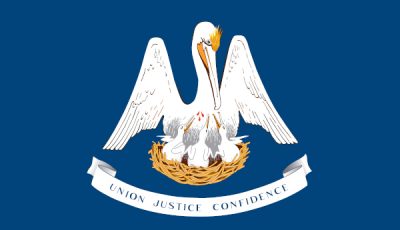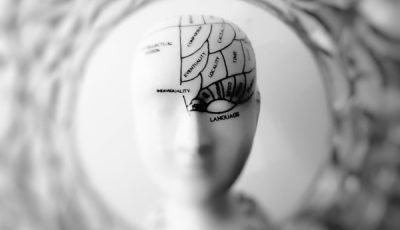Unintended Consequences Strike Again
 OTTAWA, Canada – A Canadian attorney who specializes in employment law is warning businesses that anti-porn activists’ efforts to have “pornography addiction” declared a mental disorder could produce unintended consequences.
OTTAWA, Canada – A Canadian attorney who specializes in employment law is warning businesses that anti-porn activists’ efforts to have “pornography addiction” declared a mental disorder could produce unintended consequences.
Maddie Axelrod told HRM Canada that although the argument hasn’t been tested in court, a diagnosis of porn addiction might prevent an employer from firing an employee who watched pornography at work.
“In some cases, an employee who has been dismissed for accessing pornography may argue that he suffers from a pornography addiction, and that this addiction is a disability on the grounds of which he cannot be dismissed,” Axelrod told HRM.
Typically, true disabilities must be documented and generally accepted by the medical community. Mental health professionals consider the Diagnostic and Statistical Manual of Mental Disorders the bible for diagnosis, but the manual does not include a listing for pornography addiction. In fact, the psychiatrists and psychologists are far from certain whether the condition exists at all.
Much clearer, however, are statistics about porn viewing at work. According to a recent report in Forbes, about 70 percent of all internet porn watching occurs between the hours of 9 a.m. and 5 p.m., and 25 percent of workers admit to accessing porn on the job.
Axelrod feels it’s only a matter of time before a judge or arbitration panel is required to establish precedent when a disciplined employee fights back with porn-addiction-as-disability defense.
“Some arbitrators have suggested that with proper expert opinion to support the argument, they could conclude that pornography addiction is a disability,” Axelrod said. “Employers should be sure to properly consider the possibility of a pornography addiction before taking any significant disciplinary steps.”













